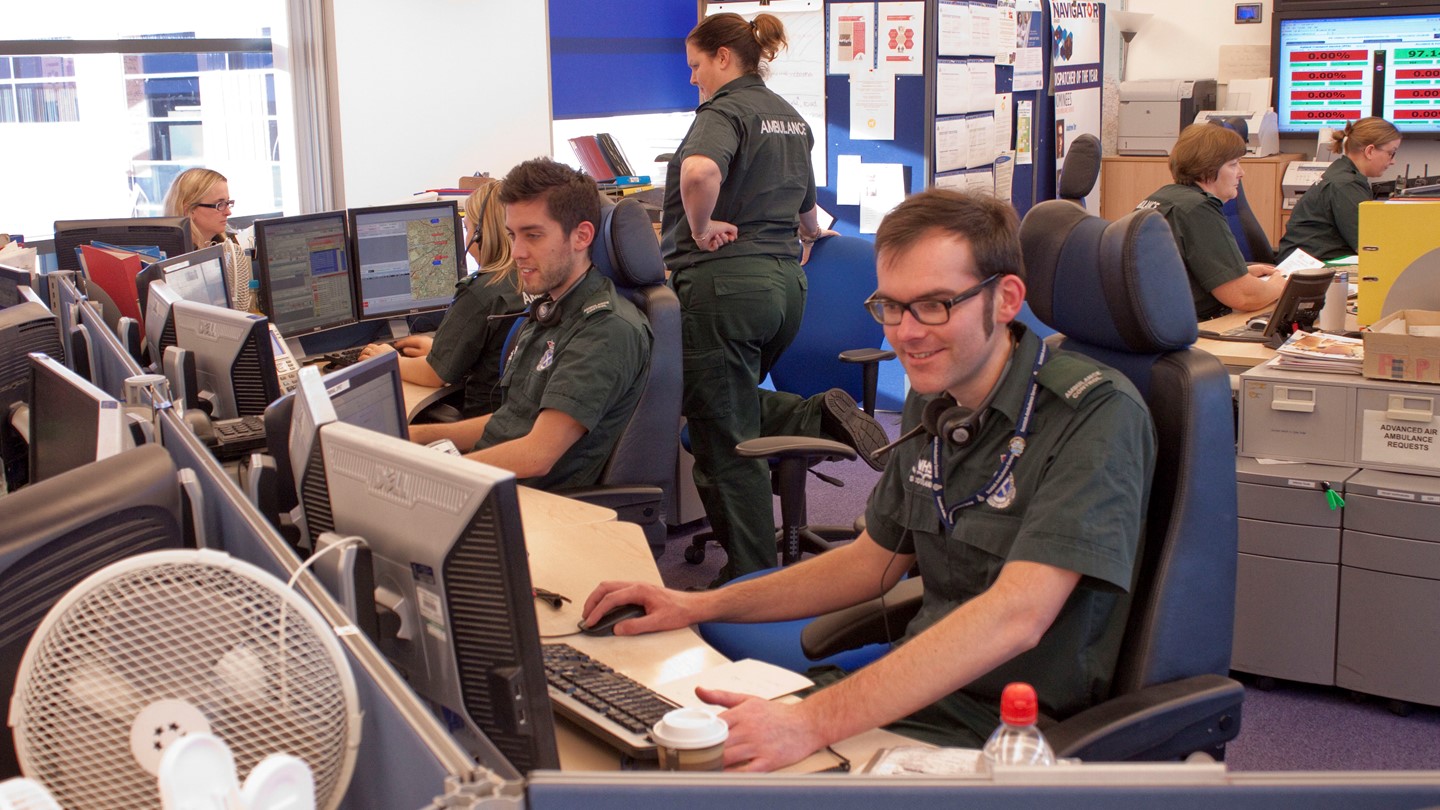When Should You Call 999?

Life-threatening emergencies
You should call 999 in a medical emergency, when someone is seriously ill or injured and their life is at risk. These can include:
- Loss of consciousness
- Cardiac arrest
- Heart attack
- Stroke
- An acute confused state
- Chest pains
- Breathing difficulties
- Severe bleeding that cannot be stopped
- Severe allergic reactions
- Severe burns or scalds
- Major trauma, such a s a road traffic accident or fall from a height
Non-life threatening emergencies
If it is not a life-threatening emergency, please consider other options before calling 999. These include:
Pharmacist
- Coughs and colds
- Sore throat
- Indigestion
- Diarrhoea or constipation
- Aches and pains
- Help if you run out of a repeat prescription
NHS Inform
NHS inform has self-help guides for a range of conditions
Phone 111
When your local GP and local pharmacy are closed, and you are too ill to wait
Mental well-being
If you’re feeling overwhelmed or need support, call
NHS 24 on 111
Breathing Space on 0800 83 85 87 (open Monday – Thursday 6pm – 2am; Friday 6pm – Monday 6am
Samaritans on 116 123 (open 24 hours a day, 365 days a year)
Minor Injury Unit
Visit your local minor injuries unit for non-life threatening but painful injuries, including:
- Cuts and minor burns
- Sprains and strains
- Suspected broken bones and fractures
You can use Scotland's Service Directory to find a Minor Injuries Unit near you
GP Surgery
If you contact your GP practice, the service might be different to what you're used to as we work hard to prevent the spread of coronavirus.
After phoning your GP practice, you might be offered a telephone or video appointment. If you're asked to go to your GP practice for an appointment, you might notice staff wearing personal protective equipment like face masks. You might also be asked to follow additional hygiene measures.